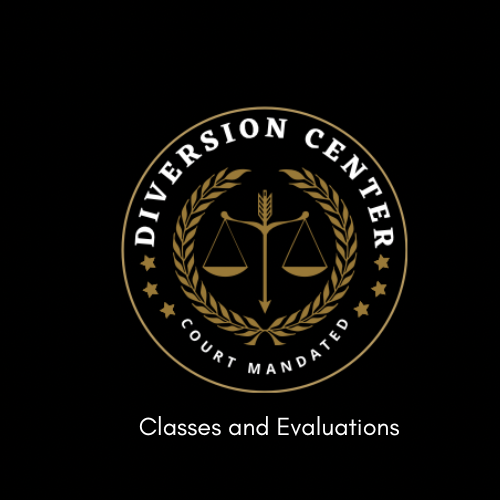Standards For Supervised Visitation Practice
21.0 Confidentiality
21.1 Purpose
This section sets forth the parameters and obligations of providers regarding confidentiality and exceptions to confidentiality, provider subpoena, requests from other parties to observe a visit, and parents' and attorney's review of the provider's file.
21.2 General Policy Statement
- Unlike clients of lawyers, clients of providers do not have a privilege of confidentiality, which protects against having client records subpoenaed by the court or by another party as part of a court proceeding.
- A provider must have written policies and procedures regarding confidentiality and the limits of confidentiality, including but not limited to the submission of observation notes or reports.
- A provider must maintain confidentiality and refuse information without written permission, except as set forth under section 21.3 in this document.
21.3 Exceptions to Confidentiality
In the following situations, a provider may release client information without specific client permission:
- In response to a subpoena request;
- In reports of suspected child abuse and neglect to the appropriate authority as required by law; and
- In reporting danger or threats of harm to self or others as required by law.
21.4 Parents Rights to Review Records
- A provider must have written policies and procedures regarding parents' right to review case files in accordance with local, state/provincial and federal laws.
- A provider must respond to a parent's request to review the case file, while excluding personal and confidential information and any other information protected by law about the other parent or the child.
21.5 Requests to Observe or Participate in Supervised Visitation
- Requests from professionals to observe A provider must develop policies and procedures concerning requests from professional practitioners to observe a visit, including the conditions for the observation of the parent/child contact.
- Requests from clients to participate
a. A provider must develop policies and procedures regarding clients' participation in supervised visitation. b. Authorization to participate in a supervised visit must be by obtained by court order, or approval of a judicial officer, or by approval of both parents in writing.
21.6 Additional Issues
1) The Supervised Visitation Network acknowledges that the concept of both parents may not be applicable because of dependency cases.
2) Face-to-face interviews may be problematic due to distance or geographical isolation; however, during the intake or orientation process, the provider remains responsible for obtaining all relevant information pertaining to the clients before the commencement of service. The gathering of information may be done without face-to-face contact.
|



